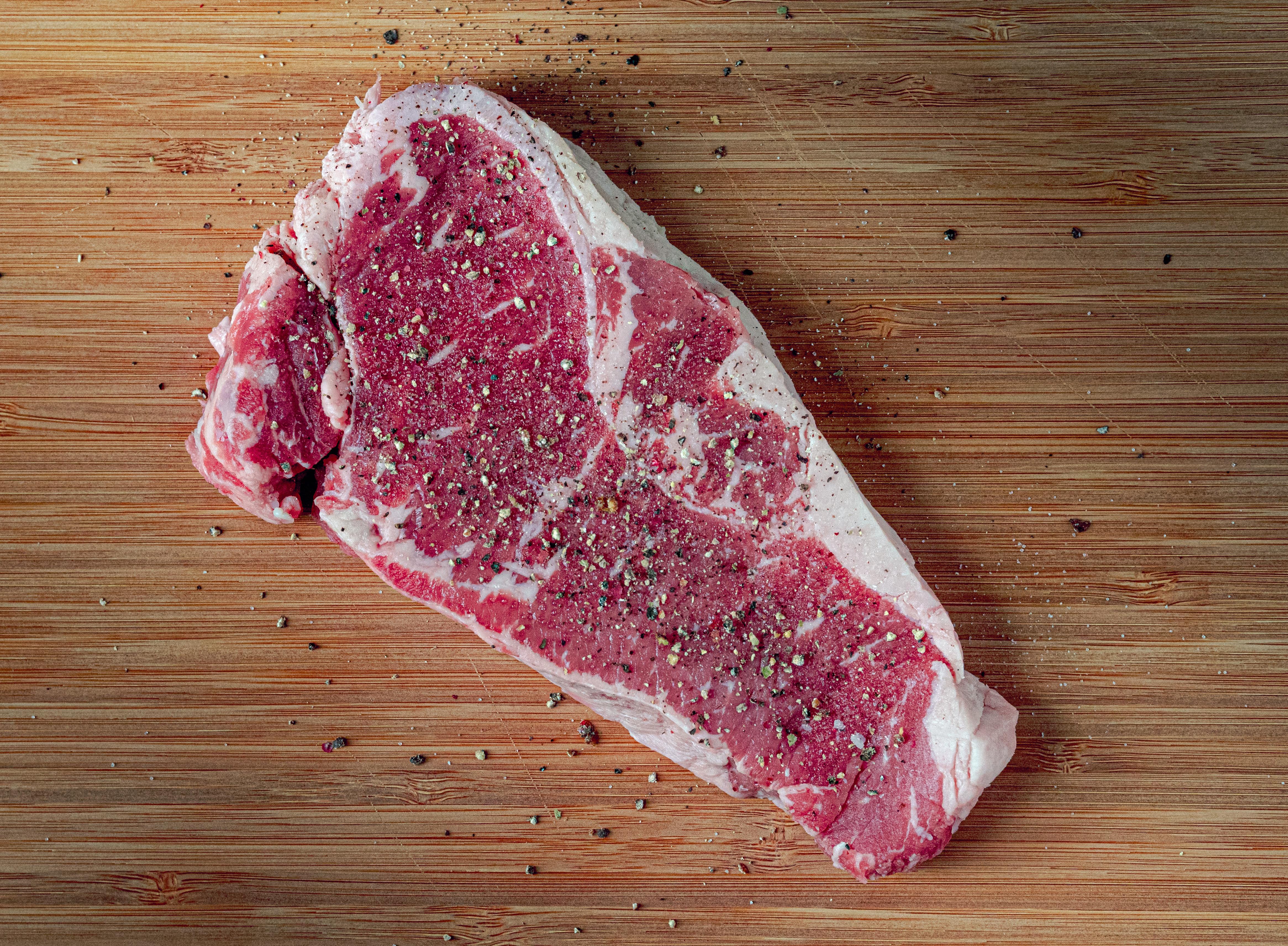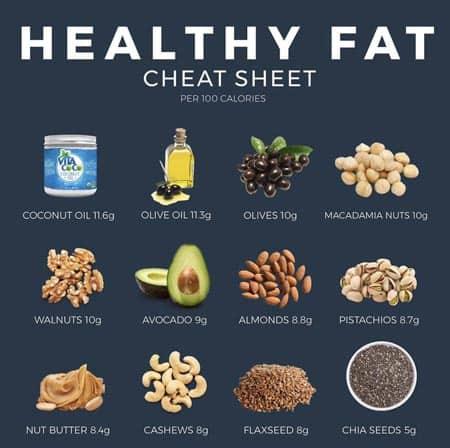In the quest for a healthier lifestyle, the word “fat” often evokes images of indulgence and excess, prompting many to consider its complete elimination from their diets. As the spotlight on weight loss intensifies, the debate over the role of dietary fat has taken center stage, sparking conversations that challenge conventional wisdom. This article delves into the complex relationship between fat and weight loss, examining whether the complete removal of fat is a necessary sacrifice or a misguided approach. By exploring the science behind fat’s function in our bodies and its impact on weight management, we aim to shed light on this often misunderstood macronutrient. Join us as we navigate through the maze of dietary fats, unraveling myths and presenting insights to help you make informed decisions on your weight loss journey.
Understanding the Role of Fat in a Balanced Diet
When it comes to crafting a balanced diet, fat plays an indispensable role that extends beyond mere calorie counting. Contrary to the misconception that fat should be entirely eliminated from a weight loss regimen, understanding its nuanced role is crucial. Fats serve as a vital energy source and are essential for the absorption of fat-soluble vitamins like A, D, E, and K. They also contribute to cell structure and function, providing the body with a protective layer that insulates organs and maintains body temperature.
- Energy Booster: Fats are a concentrated source of energy, offering 9 calories per gram compared to carbohydrates and proteins, which provide 4 calories per gram.
- Vitamin Absorption: Essential for the absorption of fat-soluble vitamins, which are crucial for maintaining health.
- Hormonal Balance: Certain fats are involved in hormone production, including sex hormones and those that regulate metabolism.
- Satiety and Taste: Fats add flavor and texture to food, making meals more satisfying and reducing the likelihood of overeating.
However, not all fats are created equal. Incorporating healthy fats, such as those found in avocados, nuts, and olive oil, can support weight loss by promoting satiety and reducing unhealthy cravings. In contrast, trans fats and excessive saturated fats, often found in processed foods, should be minimized. Striking a balance is key, where healthy fats are included in moderation to enhance overall well-being and support sustainable weight loss.

Debunking Myths: Why Eliminating Fat Can Be Counterproductive
Many people embark on a weight loss journey with the misconception that all fats are detrimental to their goals. However, completely eliminating fats from your diet can actually be counterproductive. Fats are essential for various bodily functions, including hormone production, nutrient absorption, and maintaining cell health. By cutting them out entirely, you risk depriving your body of necessary nutrients, which can lead to health issues and make it harder to achieve sustainable weight loss.
- Energy Source: Fats provide a concentrated source of energy, crucial for physical activity and metabolic processes.
- Satiety: Healthy fats can help you feel full longer, reducing the temptation to snack on unhealthy options.
- Vitamin Absorption: Certain vitamins, like A, D, E, and K, are fat-soluble, meaning they require fat for absorption.
Instead of eliminating fats, focus on incorporating healthy fats such as avocados, nuts, seeds, and olive oil into your diet. These not only support overall health but can also enhance your weight loss efforts by keeping your diet balanced and satisfying.

Healthy Fats: Identifying Essential Nutrients for Weight Loss
While the idea of cutting out fat entirely might seem appealing for those aiming to shed pounds, it is crucial to recognize that not all fats are created equal. Healthy fats play a vital role in our diet, supporting everything from brain function to nutrient absorption. Including the right types of fat can actually enhance your weight loss journey by keeping you satiated longer and preventing overeating.
- Monounsaturated fats: Found in avocados, olive oil, and nuts, these fats can help reduce bad cholesterol levels and lower the risk of heart disease.
- Polyunsaturated fats: Essential for brain health and cell growth, these fats are present in fatty fish, walnuts, and flaxseeds. Omega-3 and Omega-6 fatty acids, which fall under this category, are particularly beneficial.
Incorporating these essential nutrients in moderation not only supports weight management but also contributes to overall well-being. By choosing the right sources, you can enjoy a balanced diet that promotes health without sacrificing flavor.

Crafting a Sustainable Diet: Balancing Fat Intake for Optimal Results
While the notion of completely eliminating fat from a weight loss diet might seem tempting, it’s crucial to understand the vital role that healthy fats play in our overall well-being. Fats are not the enemy; they are an essential macronutrient that supports a myriad of bodily functions, from hormone production to nutrient absorption. Instead of cutting out fats entirely, focus on incorporating the right types and amounts. Opt for unsaturated fats found in foods like avocados, nuts, seeds, and olive oil. These not only support heart health but also provide long-lasting energy, which is essential for maintaining an active lifestyle.
- Monounsaturated Fats: Found in olive oil, avocados, and certain nuts, these fats help reduce bad cholesterol levels.
- Polyunsaturated Fats: Present in fatty fish, flaxseeds, and walnuts, these are crucial for brain function and cell growth.
- Omega-3 Fatty Acids: Known for their anti-inflammatory properties, these are abundant in fish like salmon and mackerel.
Balancing fat intake is about making informed choices. It’s not about deprivation but about moderation and quality. A sustainable diet should empower you, offering both nutrition and satisfaction. By understanding the different types of fats and their roles, you can craft a diet that not only supports weight loss but also promotes overall health.
